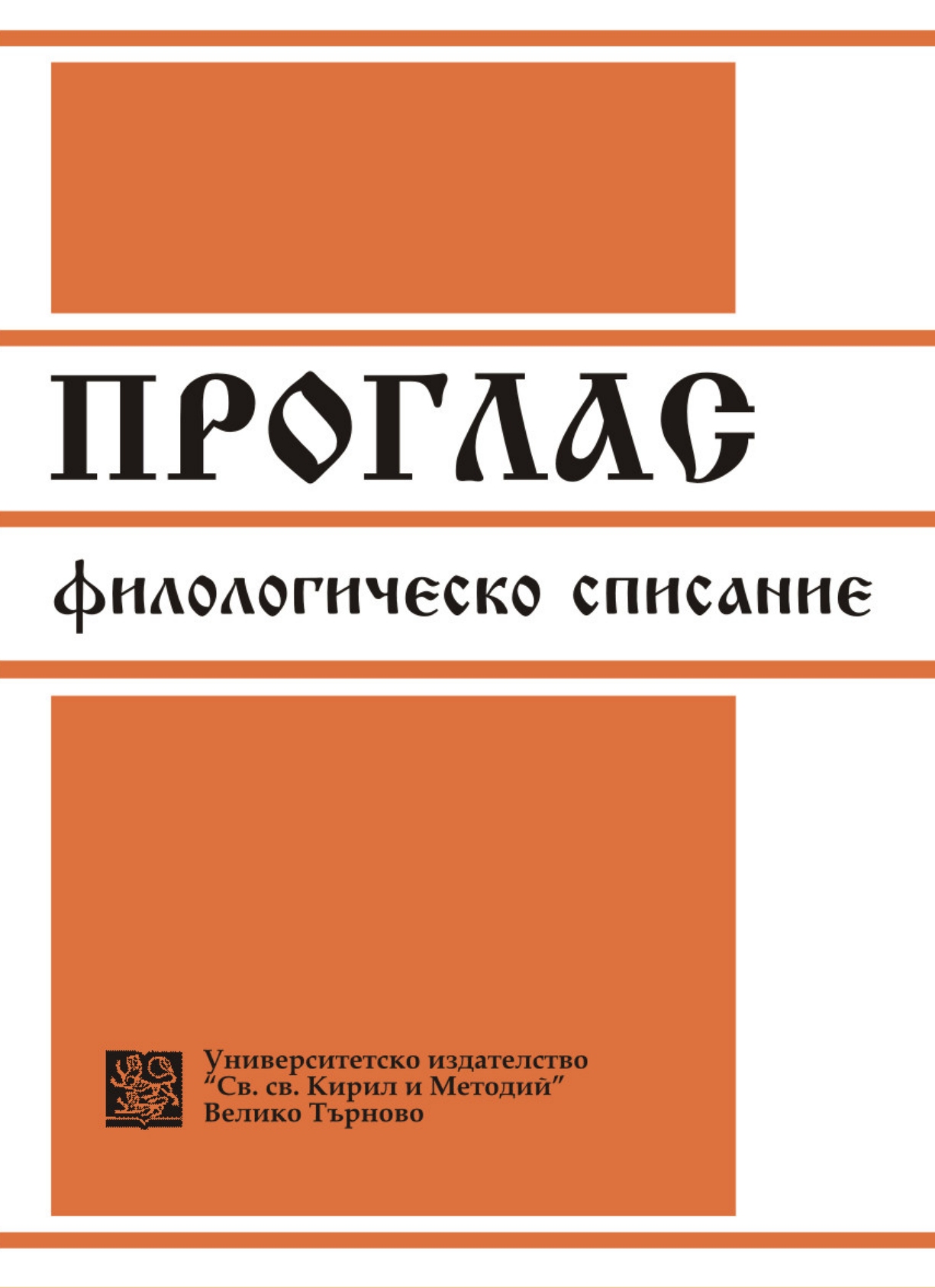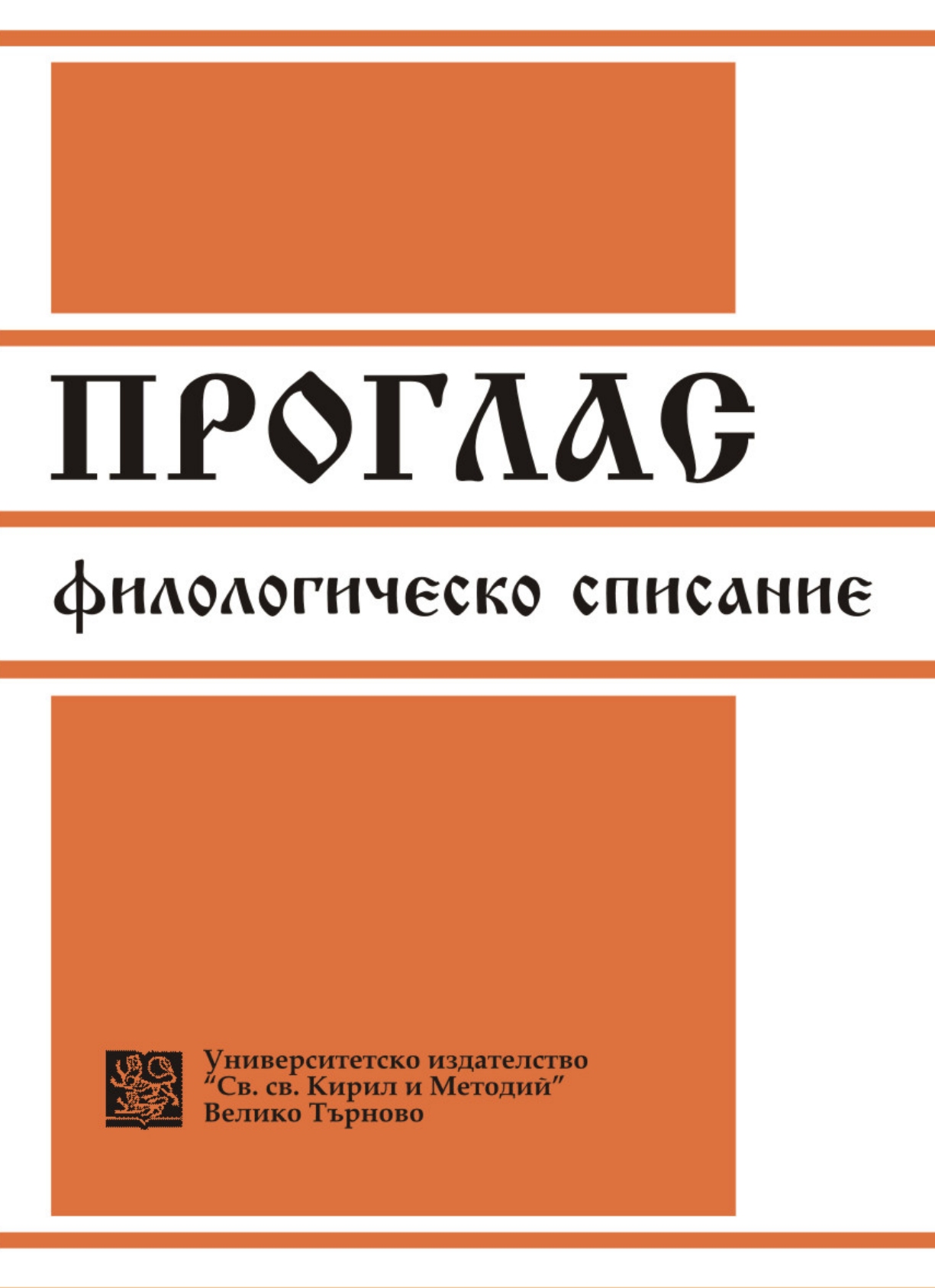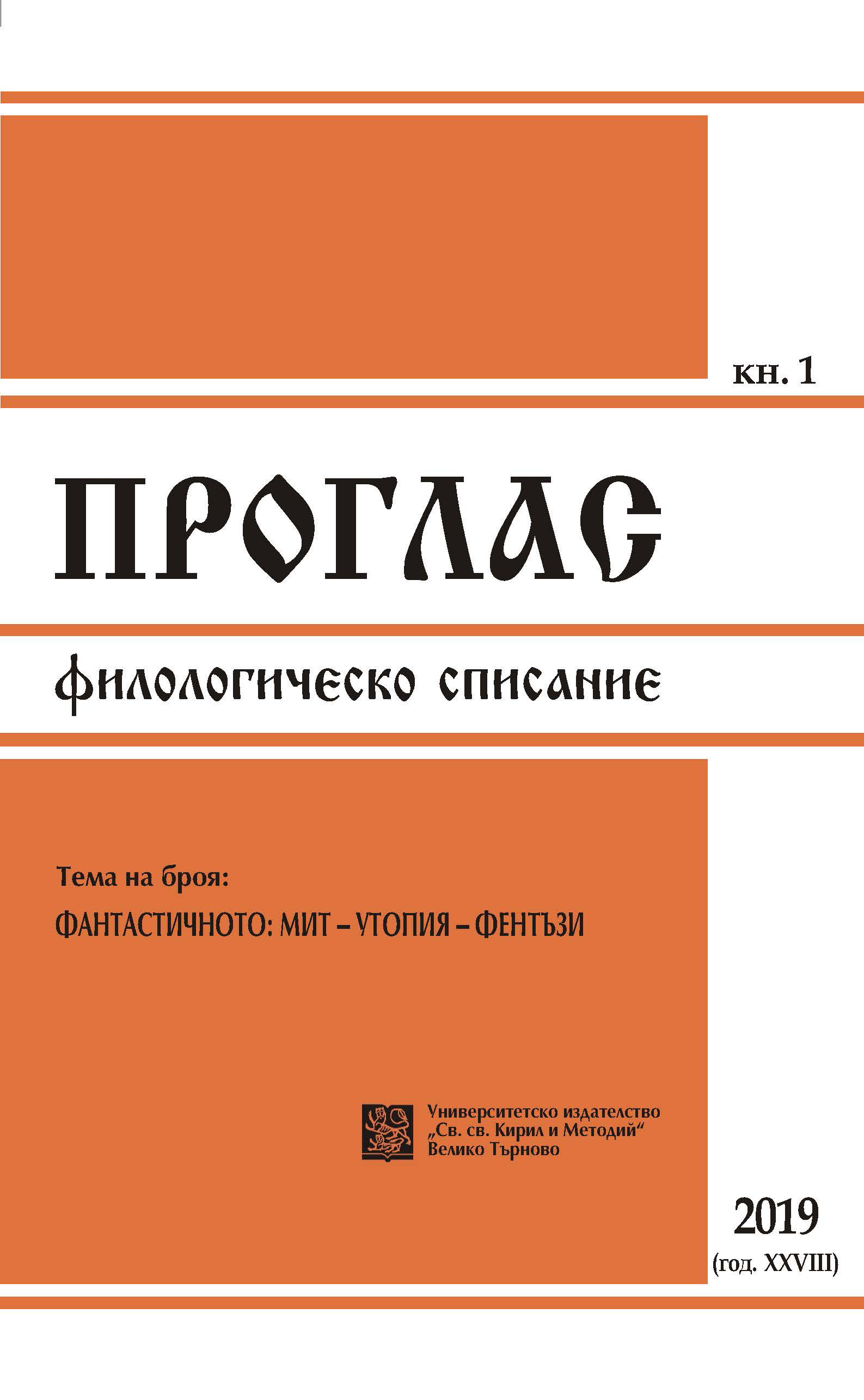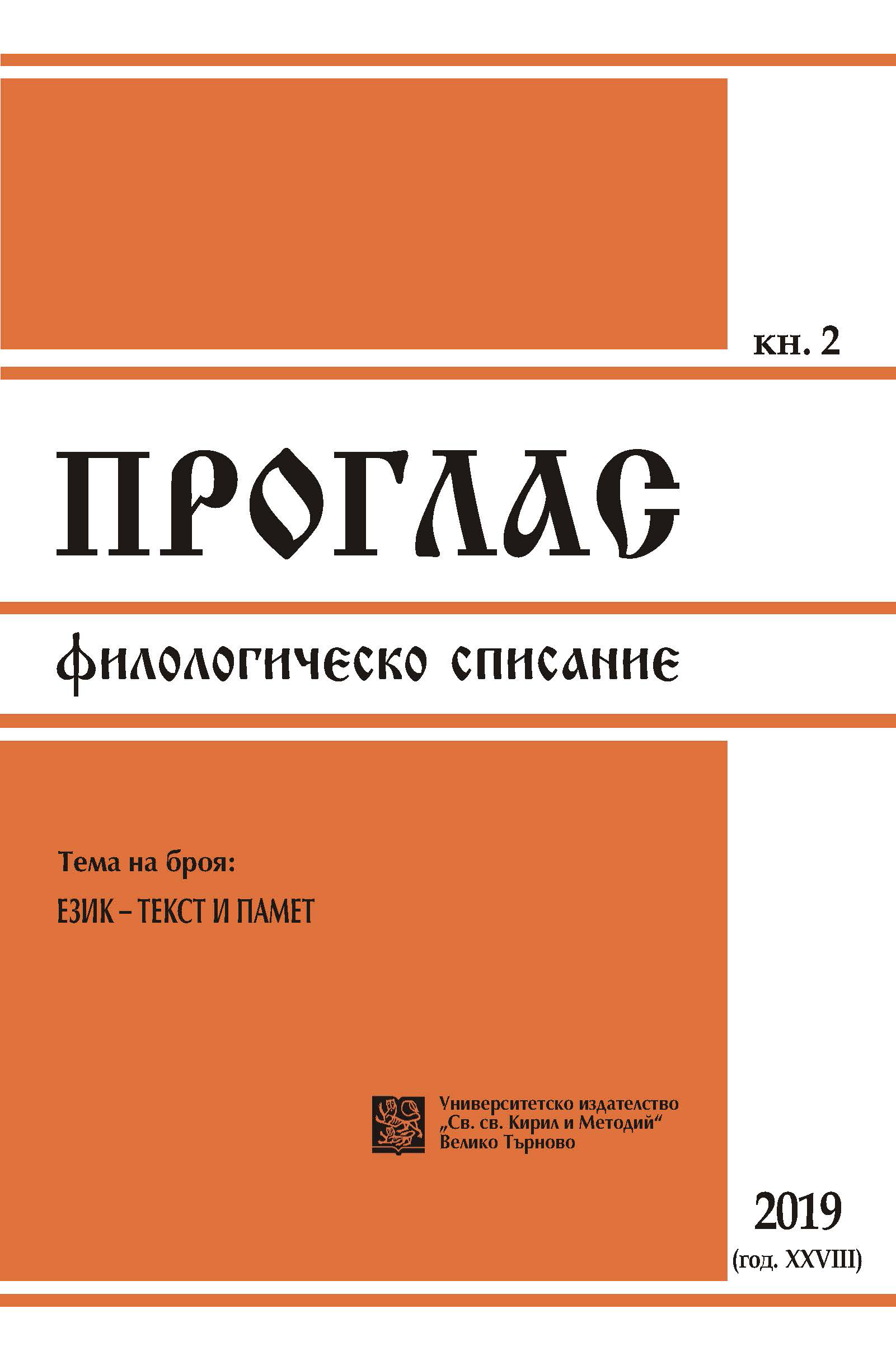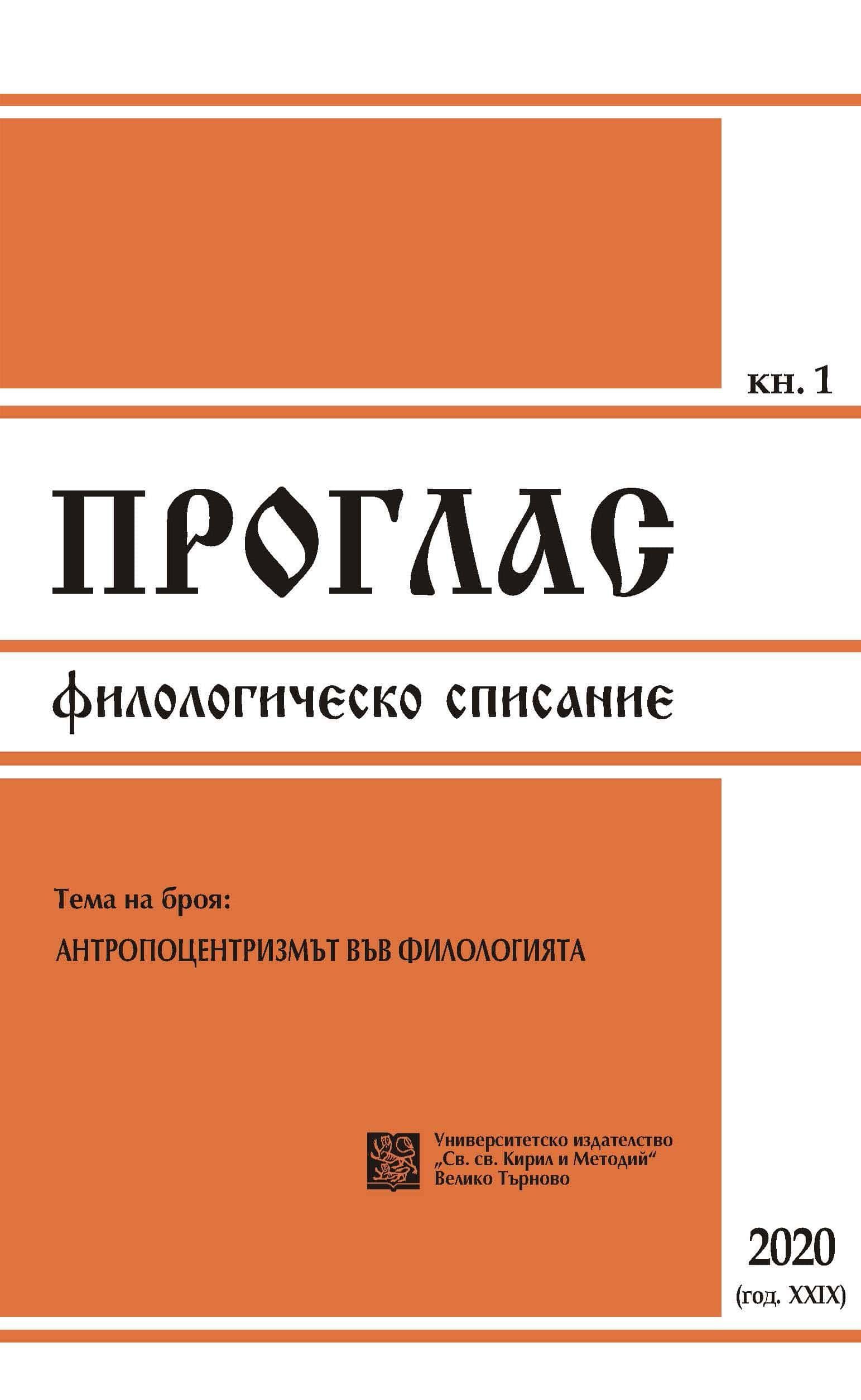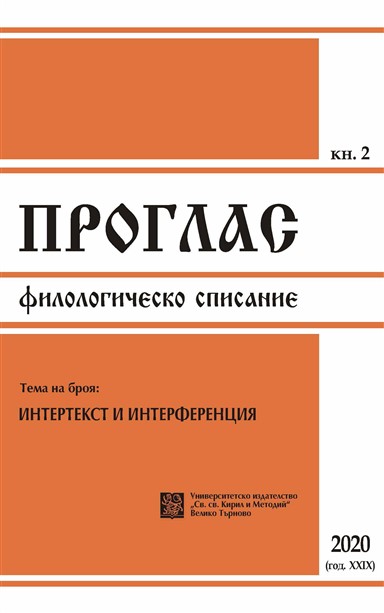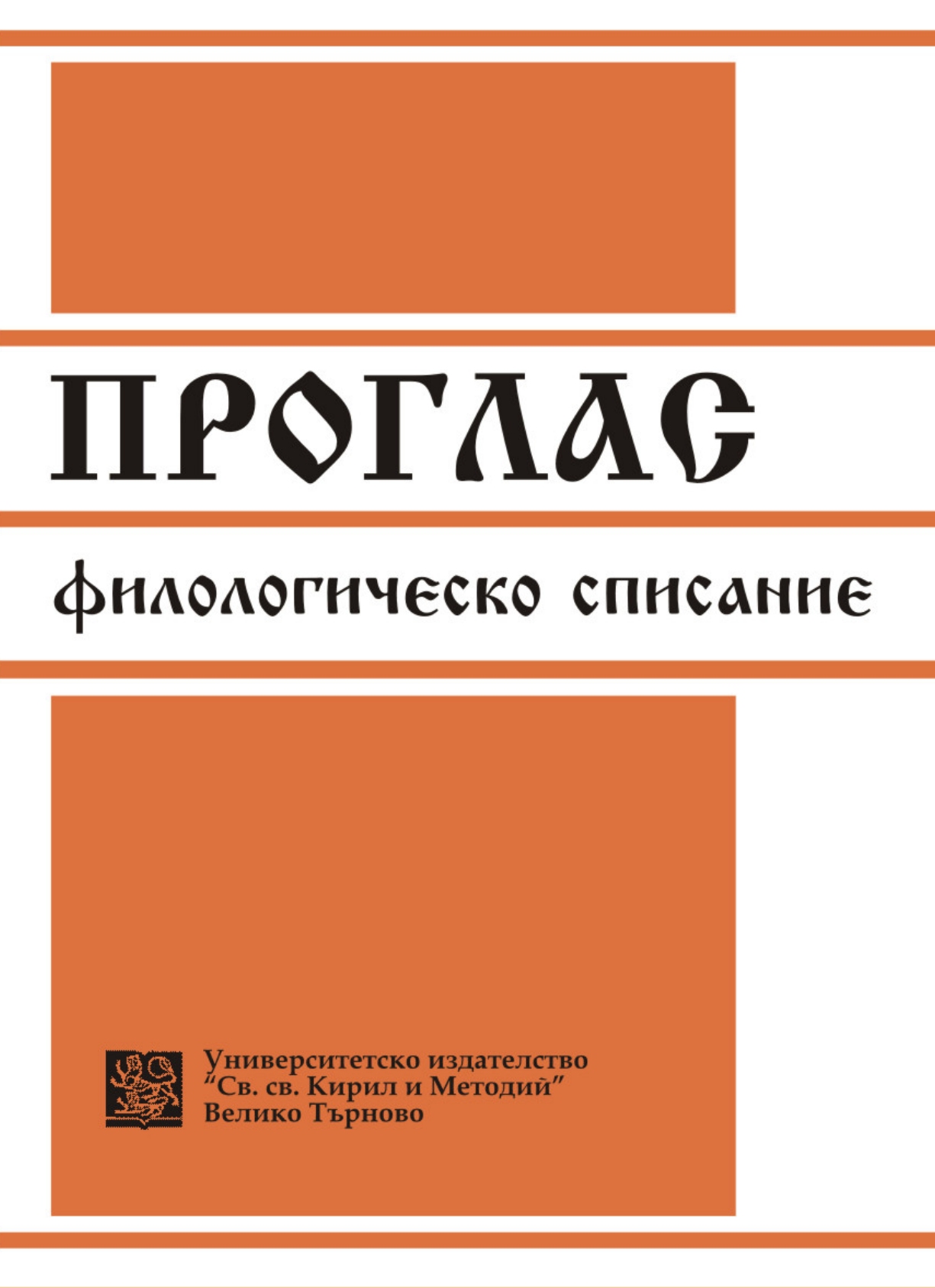
„Родини“ и „родина“ в латинската християнска литература на IV–Vвек
The turbulent – in a historical sense – era of ІV–V cc. was at the same time the Golden Age of Christian literature. The issue of the Roman Empire, which was the homeland of most of the Church authors at that time, is discussed in the Latin Christian literary works of this period. What was the attitude of the Christian writers towards the political entities, which called themselves „homelands“? What kind of travels did the Christians during ІV–V cc. undertake, what were the reasons for them and what was their purpose? And finally, what did the Christians actually strive for in their journeys and in their lifetime as a whole? The following paper aims to answer these questions.
More...
